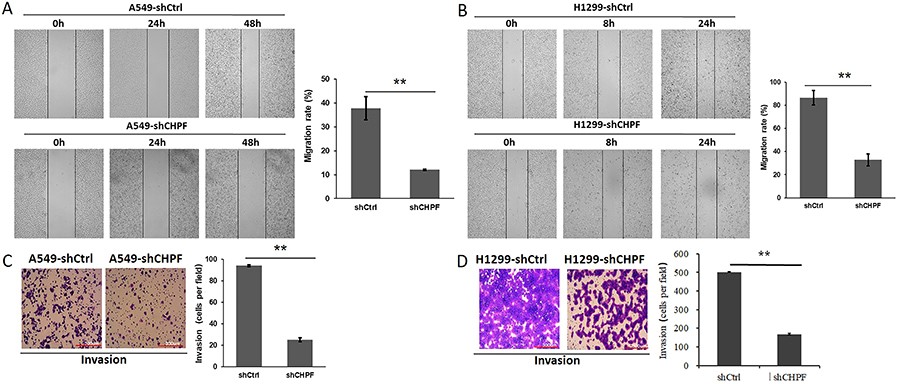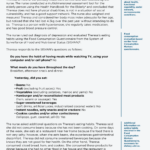By Eduardo M. Rego, Universidade de São Paulo, Faculdade de Medicina de Ribeirão Preto and Editor of Brazilian Journal of Medical and Biological Research, Ribeirão Preto, SP, Brazil
The article entitled “Expression of CHPF modulates cell proliferation and invasion in lung cancer” was published in the Brazilian Journal of Medical and Biological Research (vol. 53, no. 5) and was authored by Dr. Cao and colleagues from the Nanjing Medical University in Jiangsu, China. The authors reported high levels of mRNA of a chondroitin synthase called Chondroitin Polymerizing Factor (CHPF) in lung cancer cells.
CHPF is a transmembrane protein reported to be upregulated in other cancers, in particular in colorectal cancer cells, but little is known about its function or its association with oncogenesis. Therefore, by investigating the TCGA dataset, they found that mRNA levels of CHPF were higher in lung cancer tissue than in their normal counterparts. Interestingly, the higher levels of CHPF mRNA were associated with shorter overall survival of patients in the TCGA dataset.
Figure 1. Effect of chondroitin polymerizing factor (CHPF) on the migration and invasion of A549 and H1299 cells. A, and B, A wound healing assay was applied to measure the number of migratory A549 and H1299 cells at the indicated time points. The cell invasive ability of A549 (C) and H1299 cells (D) was determined by the transwell assay after infection (scale bar: 300 μm). Data are reported as means±SD of three independent experiments. **P<0.01 (Student’s t-test).
Based on these preliminary but interesting findings, they decided to inactivate the CHPF gene expression in two lung cancer cell lines: A549 and H1299. They observed that after the inactivation, the cells had a deficit in cell growth and an increase in apoptosis indexes. In addition, they used wound healing assays and showed that the mobility of these cells was decreased.
Finally, they moved to a xenograft in vivo model in which cells both genetically modified, and their controls were injected in nude mice. The authors reported that cells deficient in CHPF (CHPF knock-down, KD) had slower and smaller growth in vivo. The global gene expression analysis of CHPF KD revealed that genes associated with cell death, specifically those related to the Death Receptor signaling pathway, had their expression decreased. Among the genes whose expression was significantly lower in CHPF KD cells were MKI67, HIF1A, CDH1, and FOXM1. Based on these findings, along with the in vitro and the in vivo data, the authors have concluded that CHPF can be an important target in lung cancer and is likely to participate in oncogenesis.
To read the article, visit
CAO, C., et al. Expression of CHPF modulates cell proliferation and invasion in lung cancer. Braz J Med Biol Res [online]. 2020, vol. 53, no. 5, e9021, ISSN: 1414-431X [viewed 8 July 2020]. DOI: 10.1590/1414-431×20209021. Available from: http://ref.scielo.org/ncxxj6
External links
Brazilian Journal of Medical and Biological Research – BJMBR: <http://www.scielo.br/bjmbr>
Como citar este post [ISO 690/2010]:




















Recent Comments